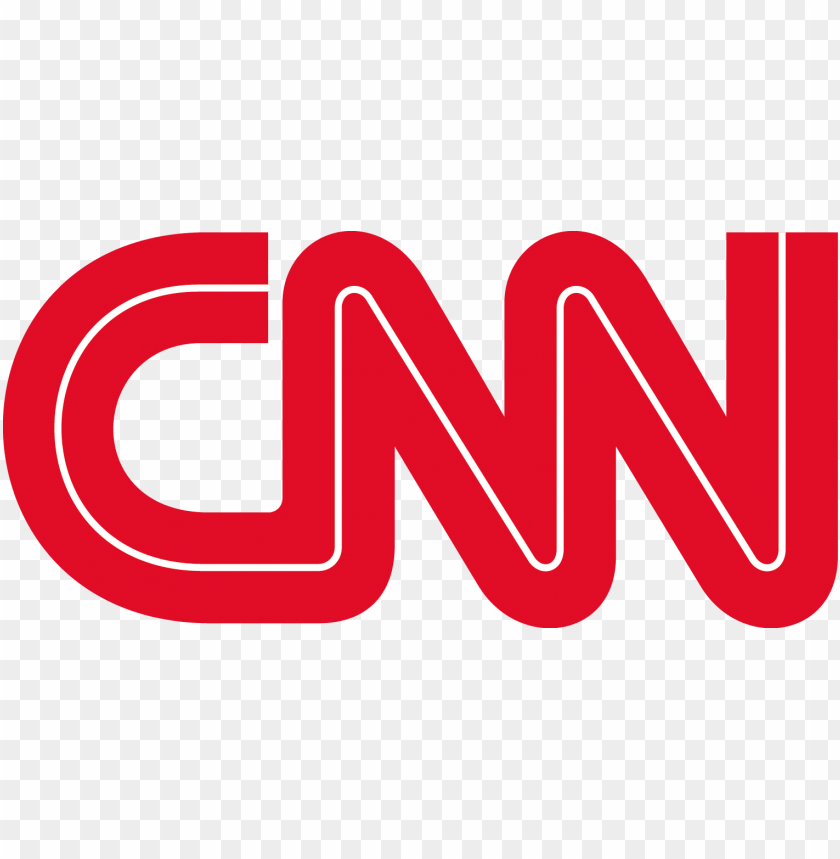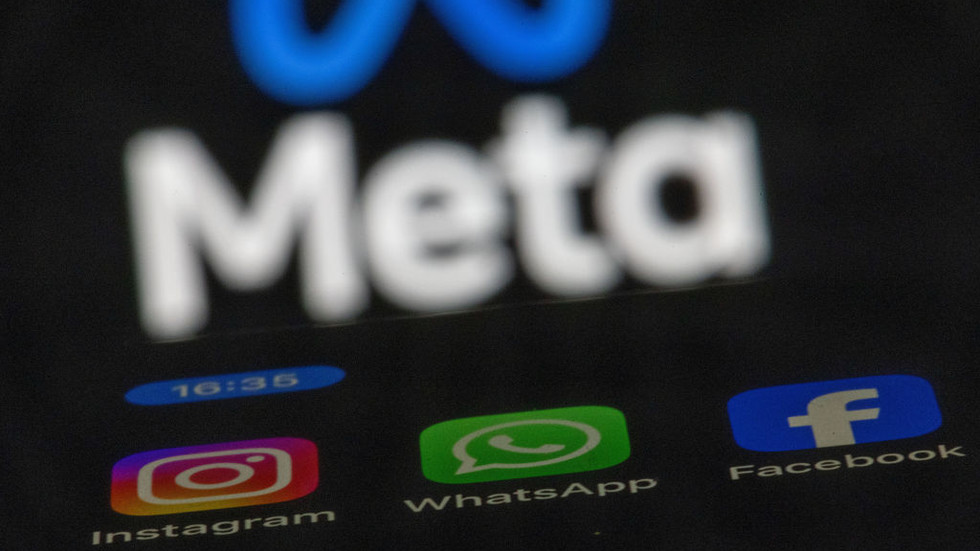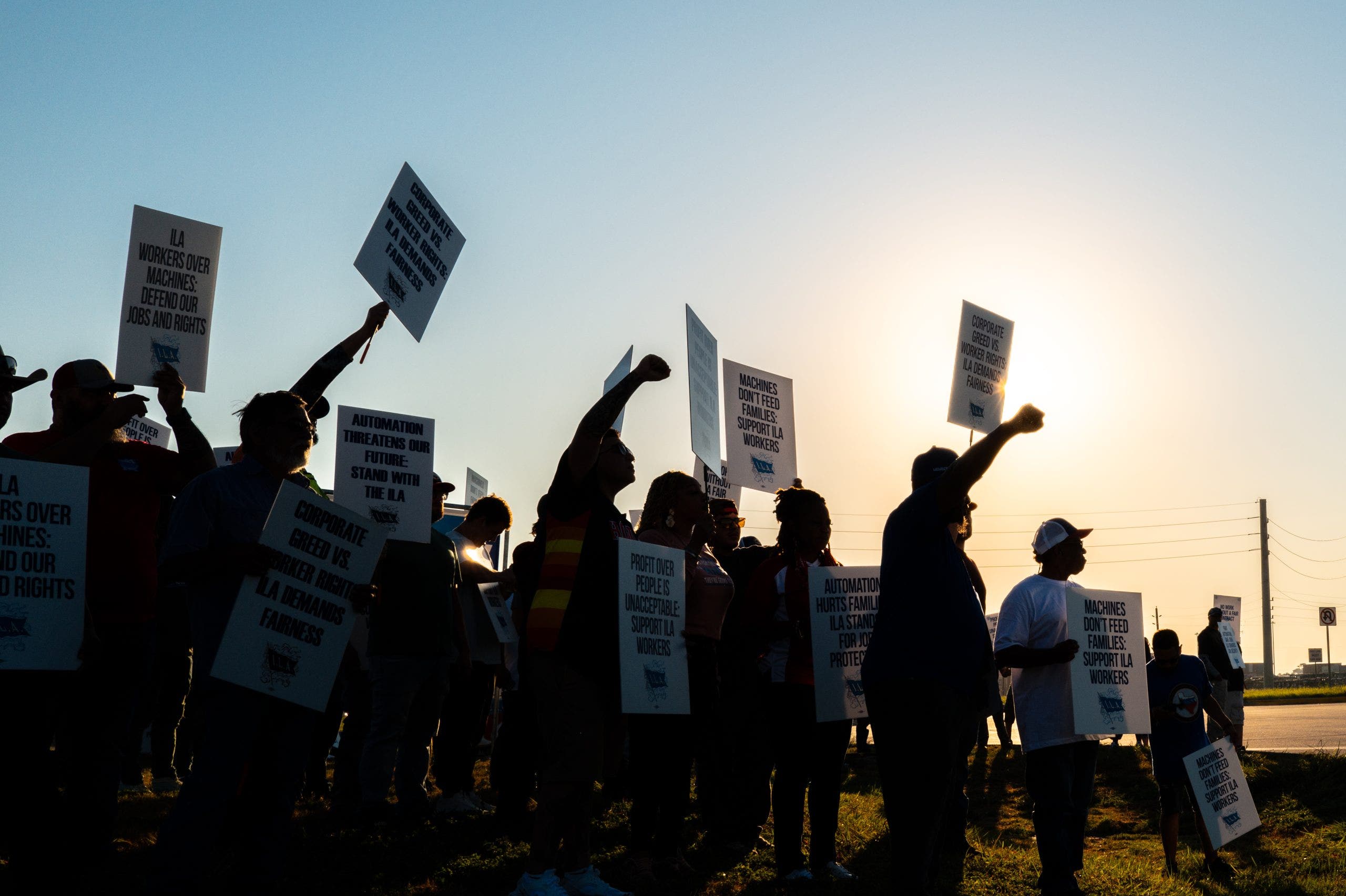"Fear is the big problem now," says former FDIC chair
From CNN's Jordan Valinsky
Sheila Bair, a top banking regulator during the 2008 global financial crisis, said she hopes “people keep their head” after SVB's collapse, adding that she believes that the problem facing the banking sector is more about fear than bank insolvency.
Appearing on CNN This Morning, Bair told anchor Poppy Harlow that it’s “not clear” if more banks will fail, but said that the Silicon Valley Bank was embroiled in an “unusual situation.”
“I do hope people keep their head,” Bair said. “I think most of these regional banks are just fine, but it concerns me that everybody is getting tagged with the same problems Silicon Valley Bank had and that was an unusual situation.”
“I do think fear is the problem now, not so much bank solvency trouble,” she added. “I don’t see any pervasive problems in our banking system," she added.
Bair also reiterated that the Federal Reserve needs to halt its war on inflation.
“The Fed needs to hit pause and assess the full impact of its actions so far before raising short rates further,” Bair, the former chair of the Federal Deposit Insurance Corporation, previously told CNN.
US markets await key CPI inflation data
From CNN's Lucy Bayly
The monthly Consumer Price Index inflation report has become must-watch economic data over the past year. But the February report, set to be released at 8:30 a.m. on Tuesday, has taken on extra significance in light of market volatility because of SVB's collapse and the Federal Reserve's quest to prevent other banks from failing.
It's also one of the last major pieces of economic data to come out before the Fed’s rate-setting meeting next week.
Prior to the SVB collapse and related banking stresses, economists viewed February's CPI as the potential decisive factor as to whether the Fed would stick with another quarter-point hike or ramp back up to a half-point hike.
Now, markets anticipate that it's more likely that the Fed will go with another quarter-point hike — or even no hike at all.
In January, consumer price inflation surged by 0.5%, the highest monthly move since October. Economists surveyed by Refinitiv expect February CPI will show an overall slowing, with monthly inflation at 0.4% and yearly inflation at 6%.
That could mean a smaller rate hike at the Fed's March 21-22 meeting. The central bank has been battling inflation with rate hikes for almost exactly a year now, hiking its benchmark lending rate eight times in that period. But the US economy still isn’t seeing enough of a turnaround in inflation.
That’s partly because the labor market remains truly strong. A robust job market — and, in turn, higher wages — puts upward pressure on inflation, even when other areas of the economy are slowing or seeing outright price declines.
What to know about Silicon Valley Bank
From CNN's Hanna Ziady
Silicon Valley Bank was established in 1983. Before the collapse, it was America’s 16th largest commercial bank that provided banking services to nearly half of all US venture-backed technology and life science companies.
It benefited hugely from the tech sector’s explosive growth in recent years, fueled by ultra-low borrowing costs and a pandemic-induced boom in demand for digital services.
It also has operations in Canada, China, Denmark, Germany, Ireland, Israel, Sweden and the United Kingdom.
The bank’s assets, which include loans, more than tripled from $71 billion at the end of 2019 to a peak of $220 billion at the end of March 2022, according to financial statements.
Deposits ballooned from $62 billion to $198 billion over that period, as thousands of tech startups parked their cash at the lender. Its global headcount more than doubled.
Former FDIC official says the Fed must keep raising interest rates as it faces a "no-win situation"
From CNN's Matt Egan
The shocking implosion of Silicon Valley Bank should not deter the Federal Reserve from its war on inflation, according to former FDIC and Fed official Thomas Hoenig, who urged the Fed to keep hiking rates because inflation hasn't gone away.
“The Federal Reserve is in the hot seat. It’s a no-win situation for them,” Hoenig, the former vice chair of the Federal Deposit Insurance Corporation, told CNN in a phone interview on Monday.
Raising interest rates at the Fed’s monetary policy meeting next week could add to the financial pressure facing the banking system, in part by further depressing the value of the bonds that banks are sitting on.
Despite high inflation, many investors are betting there is a growing chance the Fed holds steady at next week’s meeting. That marks a significant shift from just a week ago when the markets were pricing in a half-point rate hike.
“In light of the stress in the banking system,” the Fed is likely to keep rates unchanged next week, Goldman Sachs told clients on Sunday.
Nomura is going a step further, predicting the Fed will completely reverse course and start cutting interest rates next week and halt the shrinkage of its balance sheet. This marks a dramatic reversal, given that the Japanese investment bank previously expected a half-point rate hike.
Hoenig said he would be “disappointed” if the Fed started to cut interest rates now, warning of “long-run consequences” that could invite a repeat of 1970s-style runaway inflation.
Asian markets tumble as Silicon Valley Bank fallout fears rattle banking sector
From CNN's Laura He
Despite US regulators' intervention, Asian stocks fell broadly on Tuesday, dragged down by banking shares, as fears over the fallout of Silicon Valley Bank’s collapse gripped the market despite US government efforts to stabilize the financial system.
- Japan’s Nikkei 225 tumbled 2.19% to post its third straight day of declines.
- Hong Kong’s Hang Seng briefly dropped 2.5%, before trimming losses in the afternoon.
- Korea’s Kospi lost almost 3%. China’s Shanghai Composite shed 0.65%.
Banks were the hardest hit sector across the region.
- HSBC Holdings plunged more than 5% in Hong Kong after the banking giant pledged to inject 2 billion pounds ($2.4 billion) of liquidity into SVB’s UK unit, which it had bought for 1 pound.
- Standard Chartered Bank sank nearly 7%.
Other Asia Pacific banking shares also fell.
- In Hong Kong, shares in Bank of China (Hong Kong) and Hang Seng Bank fell 3.7% and 1.3% respectively. Pan-Asian insurer AIA Group traded down 4.7%.
- In Tokyo, Mitsubishi UFJ Financial Group, Japan’s biggest bank, lost 8.4%. Sumitomo Mitsui Financial Group and Mizuho Financial Group both dropped more than 7%.
- In Seoul, KB Financial Group and Shinhan Financial Group fell 3.6% and 2.5% respectively.
- In Shanghai, China Merchants Bank dropped 1.2% and China Minsheng Banking Corp retreated by 0.3%.
- In Sydney, Macquarie Group pulled back by 3.1% and ANZ Group was 1.5% lower.
Analysis: The tech industry avoided an "extinction-level event," but it’s not unscathed
Analysis from CNN's Catherine Thorbecke
Garry Tan, prominent tech investor and CEO of tech startup accelerator Y Combinator, described Silicon Valley's collapse as an “extinction-level event for startups” that would “set startups and innovation back by 10 years or more.”
As one of the tech industry's collapsed, startups raced to line up loans from venture funds and fintech firms to make payroll. Venture-backed retailers hosted last-minute sales to boost their cash reserves. And Tan authored an “urgent” petition calling for Treasury Secretary Janet Yellen and others to offer “relief."
Then, the industry was relieved when the US government intervened late Sunday to guarantee that all customers of the failed bank would be made whole.
But even as the tech industry enjoys a respite from a fearful weekend, unknowns remain. It’s unclear how the aftershocks of the bank’s collapse will add to the startup industry’s growing challenges accessing capital. SVB’s collapse also risks changing how the world, and prospective recruits, think of Silicon Valley.
For years, the term itself conjured an image of an enclave of bright, contrarian, libertarian engineers and thinkers who could see around corners and make big bets on the future. Now, that same industry is relying on the federal government to survive after failing to see the risk, or worse, contributing to it through a shared hysteria.
Even before the bank’s collapse, the startup industry was in a tough moment. Venture capital funding had dwindled amid rising interest rates and broader macroeconomic uncertainty; tech companies were cutting staff and ambitious projects; and some of the biggest private companies were reportedly slashing their valuations.
The instability at a top tech lender, and the lingering questions about its impact on other regional banks and the broader financial system, risk making it even harder for money-losing startups to access the capital they need to survive.
More immediately, there’s uncertainty around how long it will take for companies to get their money out of the bank.
As of Monday, Kalb said the money in his Silicon Valley Bank account has not been transferred yet to the new JPMorgan Chase account he set up for Shelf Engine on Thursday. “I’ve been obsessively checking my email,” he said. “Hopefully the money will be able to be transferred shortly.”
Co-founder Ben Kaufman told CNN that his venture-backed toy store spent the weekend trying to “fight for survival,” including holding a last-minute 40% off sale, using the code “BANKRUN,” to raise capital over the weekend.
How and where he stores his money is “going to have to be a consideration moving forward,” he told CNN, adding, “I don’t want to do this again.”
A recap of Silicon Valley Bank's collapse and its aftermath
From CNN's Hanna Ziady
Silicon Valley Bank collapsed with astounding speed on Friday. And while the US federal government stepped in to guarantee customer deposits, its downfall continues to reverberate across global financial markets — as seen in the subsequent shutdown of Signature Bank — and investors are on edge about whether its demise could spark a broader banking meltdown.
Here’s what you need to know about the biggest US bank failure since the global financial crisis in 2008:
Why did it collapse?: The root of its demise goes back several years. Like many other banks, SVB ploughed billions into US government bonds during the era of near-zero interest rates. What seemed like a safe bet quickly came unstuck, as the Federal Reserve hiked interest rates aggressively to tame inflation.
When interest rates rise, bond prices fall, so the jump in rates eroded the value of SVB’s bond portfolio. The portfolio was yielding an average 1.79% return last week, far below the 10-year Treasury yield of around 3.9%, Reuters reported.
At the same time, the Fed’s hiking spree sent borrowing costs higher, meaning tech startups had to channel more cash towards repaying debt. At the same time, they were struggling to raise new venture capital funding. That forced companies to draw down on deposits held by SVB to fund their operations and growth.
Then the bank run: When SVB announced that it had sold a bunch of securities at a loss and would sell $2.25 billion in new shares to plug the hole in its finances, customers panicked and withdrew their money in large numbers.
The bank’s stock plummeted 60% Thursday and dragged other bank shares down with it. By Friday morning, trading in SVB shares was halted and it had abandoned efforts to raise capital or find a buyer. California regulators intervened, shutting the bank down and placing it in receivership under the Federal Deposit Insurance Corporation, which typically means liquidating the bank’s assets to pay back depositors and creditors.
In aiming to prevent further bank runs and help companies pay staff and fund operations, US regulators said Sunday that they would guarantee all SVB customers’ deposits. The intervention does not amount to a 2008-style bailout, however, which means investors in the company’s stock and bonds will not be protected.
Will this trigger a banking crisis? There are already some signs of stress at other banks, and authorities in the US and across Europe are watching closely. Trading in First Republic Bank (FRC) and PacWest Bancorp (PACW) was temporarily halted Monday after the shares plunged 65% and 52% respectively. Charles Schwab (SCHW) stock was down 7% at 11.30 a.m. ET Monday.
In Europe, the benchmark Stoxx Europe 600 Banks index, which tracks 42 big EU and UK banks, fell 5.6% in morning trade — notching its biggest fall since last March. Shares in embattled Swiss banking giant Credit Suisse were down 9%.
SVB isn’t the only financial institution whose investments into government bonds and other assets have fallen dramatically in value. At the end of 2022, US banks were sitting on $620 billion in unrealized losses — assets that have decreased in price but haven’t been sold yet, according to the FDIC.
Another key headline: HSBC stepped in Monday to buy SVB UK for £1 ($1.2), securing the deposits of thousands of British tech companies that hold money at the lender. Had a buyer not been found, SVB UK would have been placed into insolvency by the Bank of England, leaving customers with only deposits worth up to £85,000 ($100,000) — or £170,000 ($200,000) for joint accounts — guaranteed.
CNN answers the frequently asked questions after Silicon Valley Bank collapsed
From CNN's Ramishah Maruf
Is my money safe? How secure is the banking system? CNN answers your most pressing questions in the aftermath of Silicon Valley Bank’s stunning collapse:
Do I have to worry about cash I stored in my bank?
If you have less than $250,000 in your account, then you almost certainly have nothing to worry about. That’s because the US government insures the first $250,000 in eligible accounts.
Many SVB customers had much more than $250,000 deposited, and now that they can’t get their money, some companies are struggling to make payroll.
Should I pull my money out of my bank?
It doesn’t make sense to take all your money out of a bank, Jay Hatfield, CEO at Infrastructure Capital Advisors and portfolio manager of the InfraCap Equity Income ETF, said. But make sure your bank is insured by the FDIC, which most large banks are.
Hatfield’s advice was to split up your money between banks, so each one had a maximum of $250,000. “Why not? If you have a million, why not have four accounts and have them insured?"
But if I don’t run to pull my money out of the bank now, won’t it disappear?
Everyday consumers, on the whole, are unlikely to be affected. But the collapse is a good reminder to be aware of where your money is held, and not to have it all in one place.
The FDIC has different resources on its site. The “bank suite” tool offers a list of FDIC-insured banking institutions and the Electronic Deposit Insurance Estimator calculates the insurance coverage of different deposit accounts at banks.
Is this 2008 all over again?
The banking sector should be, theoretically, more stable due to the regulatory reforms put in place after the crisis in 2008.
The government’s actions this past weekend also tried to prevent the next SVB from happening, further stabilizing the sector after a chaotic week. The Fed also said it will offer bank loans for up to a year in exchange for US Treasury bonds and mortgage-backed securities that lost value. The Fed will honor the debt’s original value for the banks that take the loans.
The Treasury will also provide $25 billion in credit protection to ensure against banks’ losses, which should help banks easily access cash when they’re in need.
“The Fed ring-fenced the SVB disaster and averted a crisis of epic proportions for the banking sector,” said Wedbush Securities’ Dan Ives.
Can the US federal government contain the panic?
SVB was among the top 20 American commercial banks, with $209 billion in total assets at the end of last year, provided financing for almost half of US venture-backed technology and health care companies. Every bank has losses on their securities and uninsured deposits. US banks were sitting on $620 billion in unrealized losses (assets that have decreased in price but haven’t been sold yet) at the end of 2022, according to the FDIC.
The government took steps over the weekend to quell fears of SVB turning into a full-blown crisis. So there’s no need to panic, say analysts.
Most large US banks are in good financial condition and won’t find themselves in a situation where they’re forced to realize bond losses, said DIC Chairman Martin Gruenberg.
CNN’s David Goldman, Nicole Goodkind and Allison Morrow contributed to this report.
House Republicans are still formulating legislative response to Silicon Valley Bank collapse
From CNN's Manu Raju and Melanie Zanona
House Republicans are still hashing out a strategy to deal with the Silicon Valley Bank collapse, and did not announce any plans for bills or hearings during a Monday night conference call, according to multiple sources on the call.
The House is out this week, but the House Financial Services Committee is expected to take the lead on the GOP’s legislative response.
Instead, Republican leaders, as well as Financial Services Chairman Patrick McHenry and Rep. French Hill, used Monday night’s conference call to provide a detailed briefing to members on their view of “exactly what happened and why,” per one of the sources.
They blamed failures in bank management and state examination for the bank’s collapse, saying SVB was too concentrated in one industry, and also at one point blamed the Biden administration’s fiscal policies and high interest rates.
But they also urged members not get too partisan in their responses and wanted to ensure that everyone remains level headed, according to one of the sources. They also told members that the market reaction today was better than anticipated.
.png)
 1 year ago
9
1 year ago
9









 English (US) ·
English (US) ·